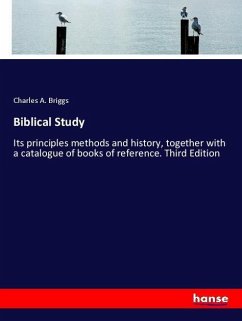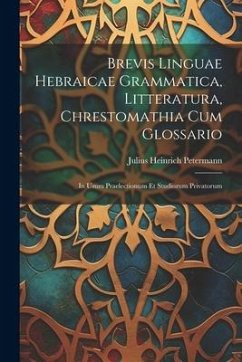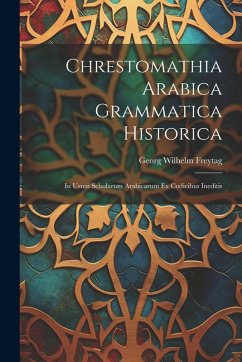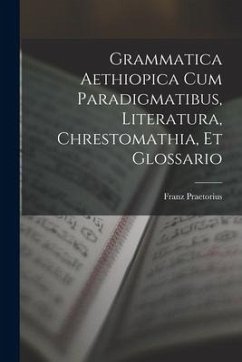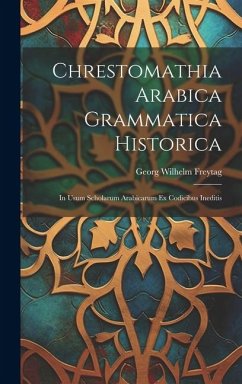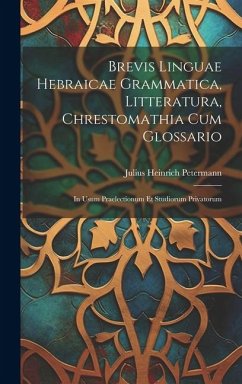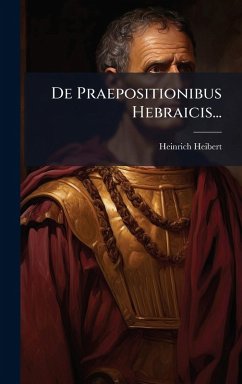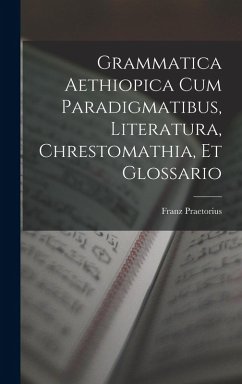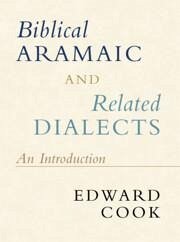
Biblical Aramaic and Related Dialects
An Introduction
Versandkostenfrei!
Versandfertig in über 4 Wochen
166,99 €
inkl. MwSt.
Weitere Ausgaben:

PAYBACK Punkte
83 °P sammeln!
"Aramaic is a language of central importance for the study of the ancient world, beginning from the early first millennium BCE up to the Islamic period and beyond. Aramaic stories are found in the Hebrew Bible (Christian Old Testament), and Aramaic influence is felt in the Greek text of the New Testament. It was the language of Eastern Christianity for centuries, as well as a major language of Jewish literature (along with Hebrew) through most of the first millennium CE. It still survives as a spoken language in a few communities (and their diasporas) in parts of the Middle East. This grammar ...
"Aramaic is a language of central importance for the study of the ancient world, beginning from the early first millennium BCE up to the Islamic period and beyond. Aramaic stories are found in the Hebrew Bible (Christian Old Testament), and Aramaic influence is felt in the Greek text of the New Testament. It was the language of Eastern Christianity for centuries, as well as a major language of Jewish literature (along with Hebrew) through most of the first millennium CE. It still survives as a spoken language in a few communities (and their diasporas) in parts of the Middle East. This grammar focuses on the Aramaic of the second half of the first millennium BCE and the first century CE, a crucial era which saw the rise and fall of the Persian and Hellenistic empires and the rise of early Judaism and the birth of Christianity. It also saw the ascent of Aramaic to the status of a major language. From this period we have Aramaic writings that are relevant for the history of law, religion, language, and literature, including many that shed light on the most pivotal events and ideas of the time. Knowledge of Aramaic and its literature is a key that opens many doors"--





